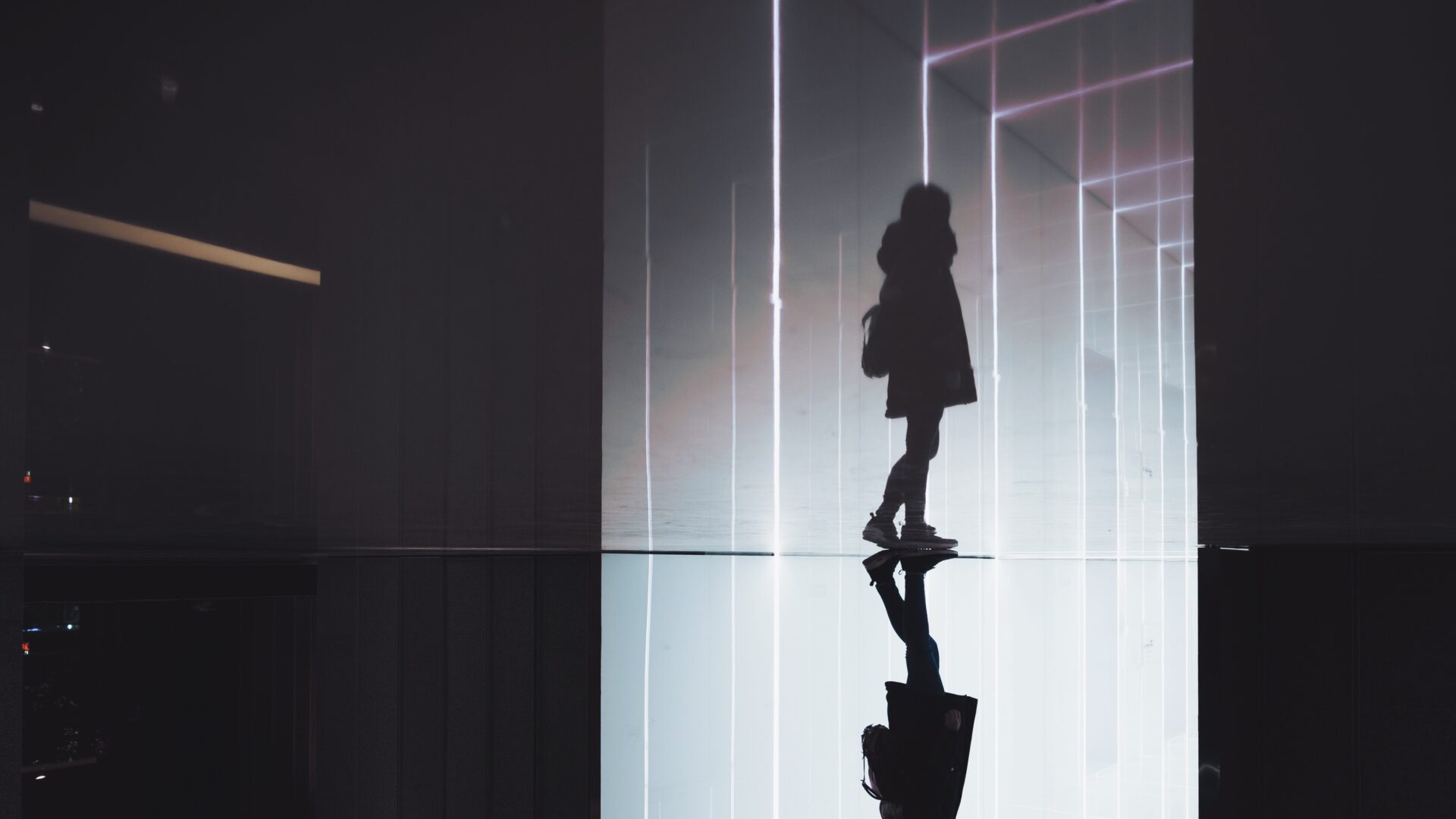The human reaction to the genre horror has long fascinated me. It’s inspired psychological and philosophical positions: Why do we watch things that scare us?
It’s hard for me to write about horror without drawing from deeply personal childhood experiences with classic TV and film. When I was 10 years old, the 1962 episode of “The Twilight Zone” called To Serve Man played on my family TV. My father cheered! I had to watch this! (He also recommended I read Bram Stoker’s “Dracula” in high school, as the scariest book he’d ever read. AGREED.)
(SPOILER ALERT although my friends, you have had 56 years to watch this.) This classic episode presents one possible scenario for human contact with an extra-terrestrial species: The aliens, called Kanamits, claim to want to help earthlings thrive but have ulterior motives. The episode ends with our protagonist trapped on a spaceship and awaiting a certain death.
The waiting seemed unbearable. I sat with the heaviness of the knowledge of doom. (I was a very fun child.) I was not OK for a long time after that screening, even though there was no gore. Not one single drop of blood was spilled on-screen, but I was terrified of that character’s death.
An even earlier memory: Watching “Gojira” (1954), the Japanese film about the unintended horrors of nuclear war which gave birth to the monster I learned to call “Godzilla.” One of my favorite principles of this movie is that the audience does not see the monster until the very end. Instead we see Gojira’s destruction, his footprint and the evidence of his appetite. All of this suggests his power and brutality.
We don’t even need to see him, because we are building a monster in our minds out of all our own personal greatest fears.
The scene that made me walk out of the room and beg for the VHS to go back to Blockbuster lies in the beginning of “Gojira.” Two journalists try to uncover the phenomenon terrorizing Japanese fishing boats by visiting a lab to learn about radioactivity. They are given a demonstration in a fish tank. At first, healthy fish swim as usual. Then, the lights go out. When they come back on, the fish tank is empty.
WHAT HAPPENED TO THE FISH?!
Absolutely nothing could have upset me more, because my mind came up with horrifying answers, or decided that the answer was too terrible to even consider.
This birthed my own philosophy of horror: Show less, it’s scarier that way.
To this day I don’t like gore, and for all my swooning over tortured, humanist vampires, the sight of blood in real life makes me dizzy. The elements of horror that draw me in could be accomplished with a low film studio budget and a few sleights of hand. Here are the notions that will always rankle me:
- When the rules I’d taken for granted are somehow suspended, or do not apply. (Simply put: Make me shook. This is the stated purpose of “The Twilight Zone.”)
- Being trapped in my own mind with no escape. (Why yes, I am also obsessed with “Black Mirror.”)
- The notion that something is hidden from my own view, because it is too horrifying to show. The things my mind will invent are so much worse than any director could show on screen, I assure you. (H.P. Lovecraft knows what I am talking about.)
So you can keep the gross-out “Saw” and “Hostel” franchises, I am not interested. All I want is a low-budget peek into a dimension of sound, a dimension of sight, a dimension of mind. You don’t have to show the monster.

Laura Eppinger graduated from Marquette University in Milwaukee, Wisconsin, USA in 2008 with a degree in Journalism, and she’s been writing creatively ever since. She the blog editor here at Newfound Journal.


I agree about not liking the ‘gore’ and much preferred the 1960s Twilight Zone episodes. I was searching for an older episode and is how I found my way to this site.
I am not even certain the show I was trying to recall, was on the Twilight Zone or some other show. But it was about a fish aquarium and how items were appearing from some “unknown” place or planet.
It’s the stories that leave a lot of room for your imagination to kick in and grow…that are best, imo.
I recall sitting on the floor as a child waiting, somwtimes over an hour, for the tv series, Lost in Space show to air, in the 60s
I have been hooked on Scifi and fantasy, ever since!
Judy Ponce